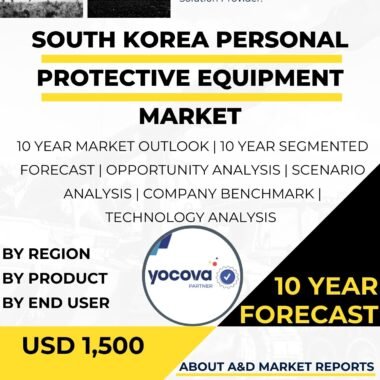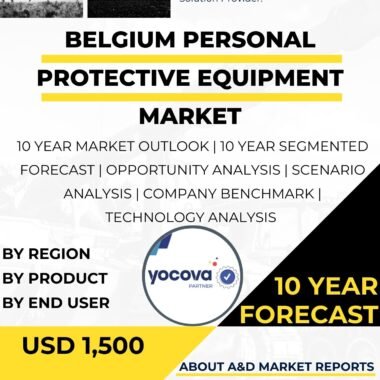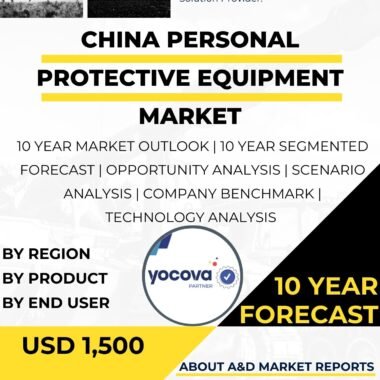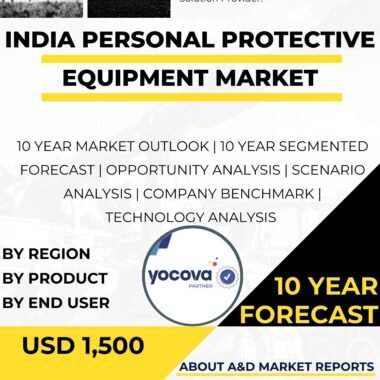Description
Technological Advancements in the Brazil Personal Protective Equipment Market
The Brazil Personal Protective Equipment Market is undergoing significant transformation through technological advancements that enhance worker safety, comfort, and compliance with stringent regulations. These innovations address the diverse needs of industries such as construction, manufacturing, and healthcare, ensuring effective protection against occupational hazards. Below are the key technological advancements shaping the market:
Smart PPE and Wearable Technology
The integration of smart technologies into PPE is revolutionizing workplace safety in Brazil. Smart helmets and safety vests embedded with sensors monitor environmental conditions, such as temperature, air quality, and worker vitals, providing real-time alerts for hazards like chemical exposure or fatigue. For example, IoT-enabled respirators can track air filter performance and notify users when replacements are needed, enhancing protection in industrial settings. These advancements improve safety while boosting worker efficiency and compliance.
Advanced Materials for Enhanced Protection
Innovations in materials science have led to the development of lightweight, durable, and high-performance PPE. Advanced fabrics, such as flame-resistant textiles and cut-resistant gloves made from aramid fibers or graphene composites, offer superior protection without compromising mobility. In healthcare, antimicrobial coatings on gowns and masks reduce pathogen transmission, addressing Brazil’s growing demand for infection control in medical facilities. These materials enhance both safety and comfort for prolonged use.
Ergonomic and Customizable Designs
Modern PPE is designed with ergonomic principles to improve user comfort and adoption. Adjustable safety harnesses, breathable fabrics, and lightweight protective footwear reduce physical strain, particularly in construction and manufacturing. Custom-fit PPE, enabled by 3D scanning and printing technologies, ensures better fit and protection, catering to diverse worker demographics in Brazil’s workforce. This personalization minimizes discomfort and enhances compliance with safety protocols.
Augmented Reality (AR) and Training Integration
AR technology is being integrated into PPE, such as safety goggles with heads-up displays, to provide workers with real-time guidance and hazard alerts. In training, AR and virtual reality (VR) platforms simulate hazardous environments, enabling workers to practice proper PPE usage and emergency responses. These tools address the challenge of training shortages in Brazil, ensuring workers are well-equipped to use PPE effectively across industries like construction and healthcare.
Sustainability and Eco-Friendly PPE
Sustainability is gaining traction in Brazil’s PPE market, with innovations in recyclable and biodegradable materials for items like disposable gloves and masks. Manufacturers are developing eco-friendly PPE to meet regulatory demands and reduce environmental impact, aligning with Brazil’s focus on sustainable industrial practices. Reusable PPE with modular components, such as replaceable filters in respirators, further supports cost-efficiency and environmental goals.
These technological advancements are driving the Brazil PPE Market, projected to grow at a CAGR of 6.5% through 2030, fueled by regulatory enforcement and rising safety awareness. By addressing challenges like cost and training through innovation, these technologies enhance worker safety and compliance, supporting Brazil’s commitment to a safer and healthier work environment.




